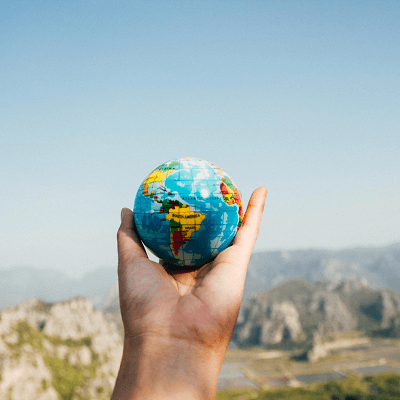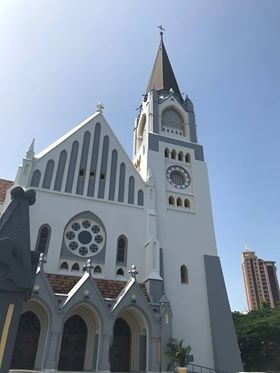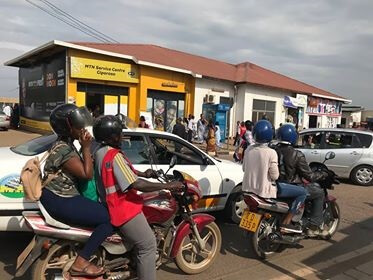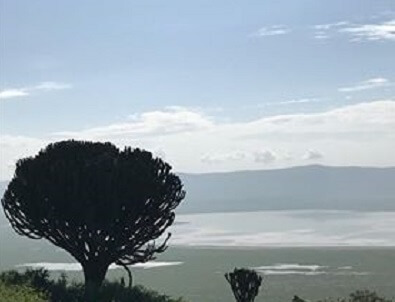Goodbye Botswana
2019-02-13 | Botswana | 1 Comment
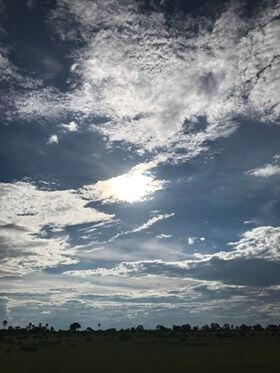

It is difficult to comprehend the amount of open spaces in Botswana – the country is the size of France, but France has almost 30 times as many citizens. So much space everywhere.
The Khalihari Desert covers a large part of the country. Together with the Okavanga Delta and Chobe National Park it attracts a lot of tourists – but it is by far the most expensive country I have visited. The parks are covered with air strips where tourists are flown in to stay in luxury lodges. Some cost several thousands of dollars for one night (one night!). A bit out of my league.
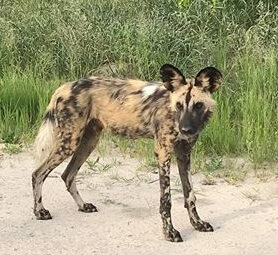
The wild life is amazing. Even with my budget I managed to se a lot of animals – even some I haven’t met before, like the pack of wild dogs and the python I met in Moremei Game Reserve. Botswana has thousands of elephants which causes a lot of tension with the local farmers.
Elephants will take down trees, fences and crops on their way. The number of elephants is so high it is a problem. If there is not enough food for them in the parks, they will migrate and ruin farmland. Even though I love elephants I see the problem – some places in the Moremei Game Reserve looked like a graveyard for trees due to the elephants taking most of the trees down or eating the bark of them.
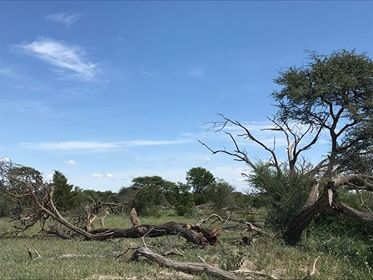
Climate changes also has an impact in Botswana. The country is very dry, but I visited during the rainy season and it hardly rained. Newman, my guide in the Okavanga Delta told me the water level should be 2 meters higher at this time of year.
Like in the other countries I have visited the population is growing despite the fact Botswana has one of the highest HIV prevalence rates in the world (estimated 25% of the adult population). More youngsters get an education. But unfortunately, there isn’t enough jobs and unemployment is high even though Botswana is a success story in Africa with high economic growth rates.
Religion plays a vital role in Botswana. Most of the population is christian, but the traditional beliefs still exist including witchcraft. Being a non-believer can be challenging since they are considered to be devil worshippers and without ethics and moral.
There is no humanist organisation in Botswana – not yet. There is a small group of friends, non-believers, who wants to create a humanist organisation.
I met a couple of them while visiting and at this point, they are focusing on being formally registered. Next steps are to make humanist more visible, basically showing the public humanists are good people through charity work.
Like other humanists in this part of the world their biggest challenge is the lack of funding. I hope they succeed.
Some facts:
Botswana (Denmark)
Population: 2.3 mio. (5.8 mio.)
Area: 582.000 km2 (43.000 km2)
Density: 4/km2 (133/km2)
Life expectancy: 63 years (80 years)
